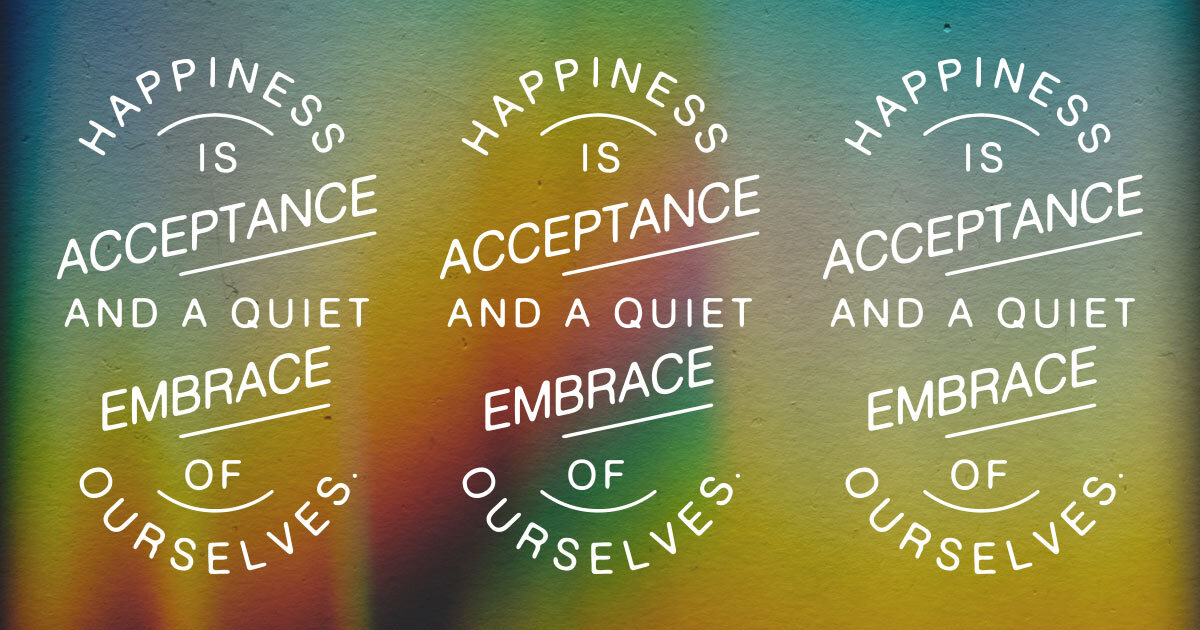Maybe it was controlled and maybe it was out of control. Whatever it was, it was recognizably (from the outside, at least) an issue.
During my sophomore year of college, my 5’5 self transformed from an athletic, already thin and muscular weight to a dangerously low 88 pounds. And yet, no one seemed to raise a red flag: My parents, who lived states away, were in denial. My friends and roommates were busy with their own life stressors. My grandfather, who saw me for dinner once a month, was apt to let me know my BMI (Body Mass Index ) was of no concern (and the fact that I hadn’t gained the dreaded “freshman fifteen” was his beacon). Outside support for my mental and physical well-being was quite clearly non-existent. Finally, though, in the beginning of my junior year, my sister, who had recently moved into an apartment down the street, suggested to my parents that I was seriously unwell and something needed to be done.
Soon after, my mother called to let me know that she was flying out to admit me to the Johns Hopkins’ Eating Disorders Program. That call made it suddenly, terrifyingly real. Before, in my eyes, it was all smooth and (very) controlled sailing—but sailing is never really controlled. It was also not happening if no one said anything about it, and to be honest, internally it felt good and well-ordered. The lead-up to this carefully calculated eating situation was a dire need for control. I needed any source of control I could get as a way to deal with stress—the intense demands of attending a fine art college and countless, anxious, sleepless nights. But the reality is that no amount of control was going to make all or even any of that go away.
So, I went with my mom—nervous but compliant—to a very awkward initial psych evaluation. Unfortunately, during this initial evaluation, many of the actual issues I found the bravery to voice were brushed under the rug and ignored, instead, I was faced with the therapist telling me there was a simple solution to my problem: “Eat cake after every meal!” I was disheartened that the things I had dug deep and found the courage to say were dismissed.
The lack of real support did not bode well for my already existing personal hatred for the concept of therapy. In my family, the need for therapy meant there was something terribly wrong. I was scared to search for someone who understood. I was scared to admit I needed help. I was scared to tell a single soul about my struggles. Despite that fear, I knew I needed to search for someone to better escort me through the healing process, a process I was becoming more and more in favor of thanks to two realizations:
- I had let my OCD grow out of control.
- Finding out my bones were compromised following a bone scan.
So while accepting and committing to the journey are the hardest parts, I was ready to begin.

It wasn’t ever, for me, about being skinny or conventionally attractive. It was about control. Thanks to a very rigorous college program, an anxiety disorder, a fragile relationship with my parents, and an abusive, very juvenile, romantic relationship, my desire for control was intense. Looking back, I think about how much precise control I had over everything that entered my body. And really, I believe I was trying to expel things to make room for happiness.
But no matter how much or how hard I tried, the control never led to the happiness or relief I expected. In retrospect, what I was really searching for was not control. I was searching for the ability to accept and improve my own well-being, and I was, at that time, searching to improve it in ways that harmed me.
Through a determined search, I was able to connect with a very supportive and insightful therapist. And thanks to that therapist, I now know that happiness doesn’t come from control. I also know that asking for and receiving help does not mean that I am terribly flawed. It means I am aware of my struggles and working towards embracing and healing them.
Happiness is not tangible or concrete. Happiness is an acceptance of our own position and a quiet embrace of ourselves. It is a short moment, an interaction with a stranger, a smell from childhood, a hike to the summit, swimming a race, dog kisses, a cat purring, walking in a park, or cooking and eating a perfect meal. It is spending time on the choppy ocean looking for dolphins and admiring the sunset; it is flying across the country to visit a friend; it is walking down the street for a coffee date and smelling the crisp, morning air. Happiness is strength and confidence and always working on ourselves.
Ten years later, still in the throes of recovery, I have come to know that you cannot create, control, or command happiness. Rather, you experience, embody, and carry happiness within yourself.
You are more than a number on a scale or a measuring tape. You are human. Messy and whole, capable of so many good things, regardless of your body’s shape. We encourage you to use TWLOHA’s FIND HELP Tool to locate professional help and to read more stories like this one here. If you reside outside of the US, please browse our growing International Resources database. You can also text TWLOHA to 741741 to be connected for free, 24/7 to a trained Crisis Text Line counselor. If it’s encouragement or a listening ear that you need, email our team at [email protected].